
In der anspruchsvollen Welt des Leistungssports, ob für erfahrene Profis, die an ihre Grenzen gehen, oder ambitionierte Amateure, die persönliche Bestleistungen anstreben, die Leistungsoptimierung stets oberste Priorität hat. Während Trainingspläne und die richtige Ernährung oft im Mittelpunkt stehen, gibt es eine wichtige, häufig unterschätzte Komponente, die Ausdauer und die allgemeine körperliche Leistungsfähigkeit maßgeblich beeinflusst: Elektrolyte. Diese essenziellen Mineralstoffe spielen eine entscheidende Rolle bei der Aufrechterhaltung des Flüssigkeitshaushalts, der Unterstützung der Muskelkontraktion und der Weiterleitung von Nervenimpulsen – Prozesse, die für anhaltende Anstrengung unerlässlich sind. Dieser Artikel beleuchtet die wissenschaftlichen Grundlagen der Elektrolyte und zeigt auf, wie deren gezielte Zufuhr der Schlüssel zu gesteigerter Ausdauer und überragender sportlicher Leistung für jeden sein kann – vom Spitzensportler bis zum Freizeitsportler.
Was sind Elektrolyte?
Elektrolyte sind lebenswichtige Mineralstoffe in den Körperflüssigkeiten, die eine elektrische Ladung tragen. Wenn sich diese Mineralstoffe in Wasser lösen (wie dem Wasser in Blut, Urin und Gewebe), trennen sie sich in positiv oder negativ geladene Teilchen, sogenannte Ionen.
Elektrolyte sind lebenswichtige Mineralstoffe, die eine elektrische Ladung tragen und für die Aufrechterhaltung zahlreicher wichtiger Körperfunktionen unerlässlich sind. Diese Mineralstoffe, die in Körperflüssigkeiten wie Blut, Schweiß und Urin vorkommen, tragen zur Regulierung des Flüssigkeitshaushalts, der Nervenfunktion, der Muskelkontraktionen und des pH-Werts bei.
Häufig vorkommende Elektrolyte im Körper :
Zu den wichtigsten Elektrolyten im menschlichen Körper gehören:
- Natrium (Na+)
- Kalium (K+)
- Chlorid (Cl-)
- Magnesium (Mg2+)
- Calcium (Ca2+)
- Phosphat (PO43-)
- Bicarbonat (HCO3-)
Welche Rolle spielen Elektrolyte bei sportlicher Betätigung?
Flüssigkeitshaushalt im Gleichgewicht: Elektrolyte sind entscheidend für den Flüssigkeitshaushalt Ihres Körpers. Bei intensiver Belastung verlieren Sie nicht nur Wasser, sondern auch wichtige Elektrolyte. Die Zufuhr dieser lebenswichtigen Mineralstoffe in Verbindung mit ausreichender Flüssigkeitszufuhr dient nicht nur der Durststillung, sondern beugt auch Dehydrierung vor. Dieses wichtige Gleichgewicht verhindert Leistungseinbrüche, beugt Muskelkrämpfen vor und reduziert das Risiko hitzebedingter Erkrankungen deutlich – für optimale Leistungsfähigkeit.
Muskelfunktion: Muskeln benötigen ein fein abgestimmtes Elektrolytgleichgewicht, um während der Bewegung optimal zu funktionieren. Ein Elektrolytungleichgewicht kann zu Muskelermüdung, Krämpfen und Spasmen führen und die Leistungsfähigkeit und Ausdauer eines Sportlers negativ beeinflussen.
Funktion des Nervensystems: Elektrolyte spielen eine entscheidende Rolle für die reibungslose Funktion des Nervensystems. Sie helfen bei der Übertragung elektrischer Signale zwischen den Nervenzellen und ermöglichen es Sportlern so, schnell zu reagieren, eine präzise Koordination aufrechtzuerhalten und während intensiver körperlicher Belastungen geistig wach zu bleiben.
Energieproduktion: Elektrolyte, insbesondere Kalium und Magnesium, sind für die Energieproduktion und -speicherung im Körper unerlässlich. Ein optimaler Spiegel dieser Mineralstoffe unterstützt die anhaltende Energie bei körperlicher Aktivität, beugt Ermüdung vor und verbessert die allgemeine Ausdauer.

Machen Elektrolyte dich schneller beim Laufen?
Elektrolyte lassen dich nicht direkt „schneller laufen“ im Sinne einer sofortigen Steigerung deiner Höchstgeschwindigkeit wie ein Turboschub. Vielmehr spielen sie eine entscheidende Rolle bei der Aufrechterhaltung einer optimalen körperlichen Leistungsfähigkeit, was dir indirekt ermöglicht, dein Tempo länger durchzuhalten und deine Bestleistung über einen längeren Zeitraum zu erbringen.
Wie verbessern Elektrolyte die sportliche Leistung?
Vorbeugung von Dehydrierung: Beim Laufen, insbesondere bei intensiver oder längerer Belastung und in heißen Bedingungen, schwitzt man. Schweiß enthält Wasser und Elektrolyte (hauptsächlich Natrium und Chlorid). Werden diese nicht ersetzt, kommt es zu Dehydrierung. Schon ein geringer Flüssigkeitsverlust (ab nur 2 % des Körpergewichts) kann die sportliche Leistungsfähigkeit deutlich beeinträchtigen und zu verminderter Geschwindigkeit, Ausdauer und Koordination führen. Elektrolyte helfen dem Körper, die aufgenommene Flüssigkeit zu speichern und so diesem Leistungsabfall vorzubeugen.
Unterstützung der Muskelfunktion: Elektrolyte wie Natrium, Kalium, Kalzium und Magnesium sind für die Muskelkontraktion und -entspannung unerlässlich. Ein Ungleichgewicht kann zu Muskelschwäche, Krämpfen und Spasmen führen, was Ihre Leistungsfähigkeit deutlich beeinträchtigt oder sogar ganz zum Erliegen bringt. Durch einen ausgeglichenen Elektrolythaushalt können Ihre Muskeln optimal arbeiten, sodass Sie Ihre Schrittlänge und Kraft beibehalten können.
Förderung der Nervenimpulse: Elektrolyte sind für die Nervenkommunikation im gesamten Körper unerlässlich, einschließlich der Signale, die vom Gehirn an die Muskeln gesendet werden. Eine einwandfreie Nervenfunktion ermöglicht schnelle Reaktionen, effiziente Bewegungsmuster und anhaltende Konzentration, was alles dazu beiträgt, das Tempo zu halten und die Leistung zu optimieren.
Körpertemperaturregulierung: Elektrolyte spielen eine wichtige Rolle bei den Kühlmechanismen des Körpers, unter anderem beim Schwitzen. Ein ausgeglichener Elektrolythaushalt ist entscheidend für eine effektive Wärmeregulation und beugt Überhitzung und hitzebedingten Erkrankungen vor, die Ihre Leistungsfähigkeit beim Laufen oder sogar beim Durchhalten stark beeinträchtigen würden.
Wann sind Elektrolyte für Läufer am wichtigsten?
Längere Läufe (über 60 Minuten): Für kürzere, weniger intensive Läufe reicht in der Regel normales Wasser aus.
Hochintensives Training: Wenn man aufgrund starker Anstrengung stark schwitzt.
Heiße und feuchte Bedingungen: Diese Umgebungen erhöhen die Schweißproduktion und den Elektrolytverlust.
„Salzschwitzer“: Manche Menschen verlieren von Natur aus mehr Natrium über den Schweiß.





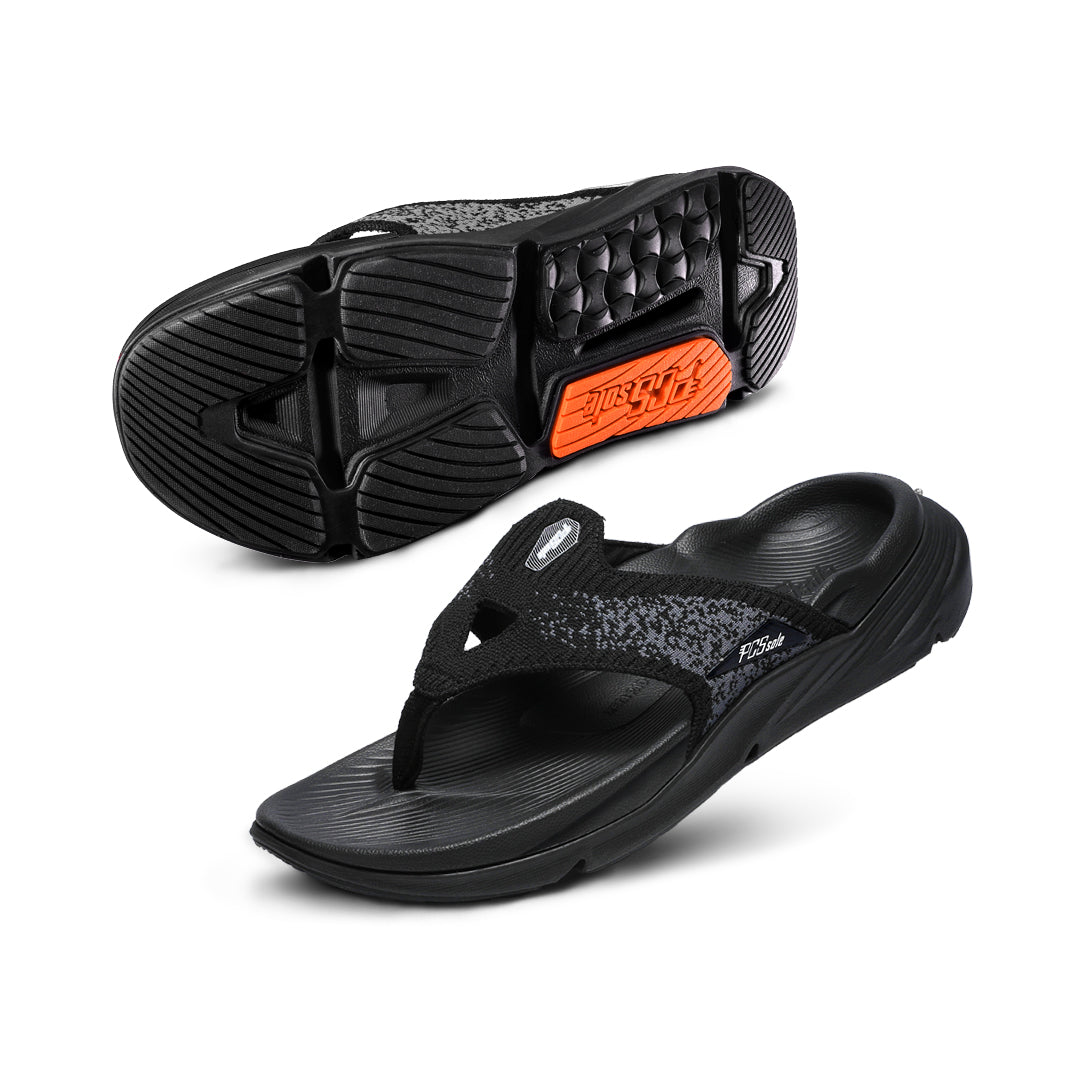
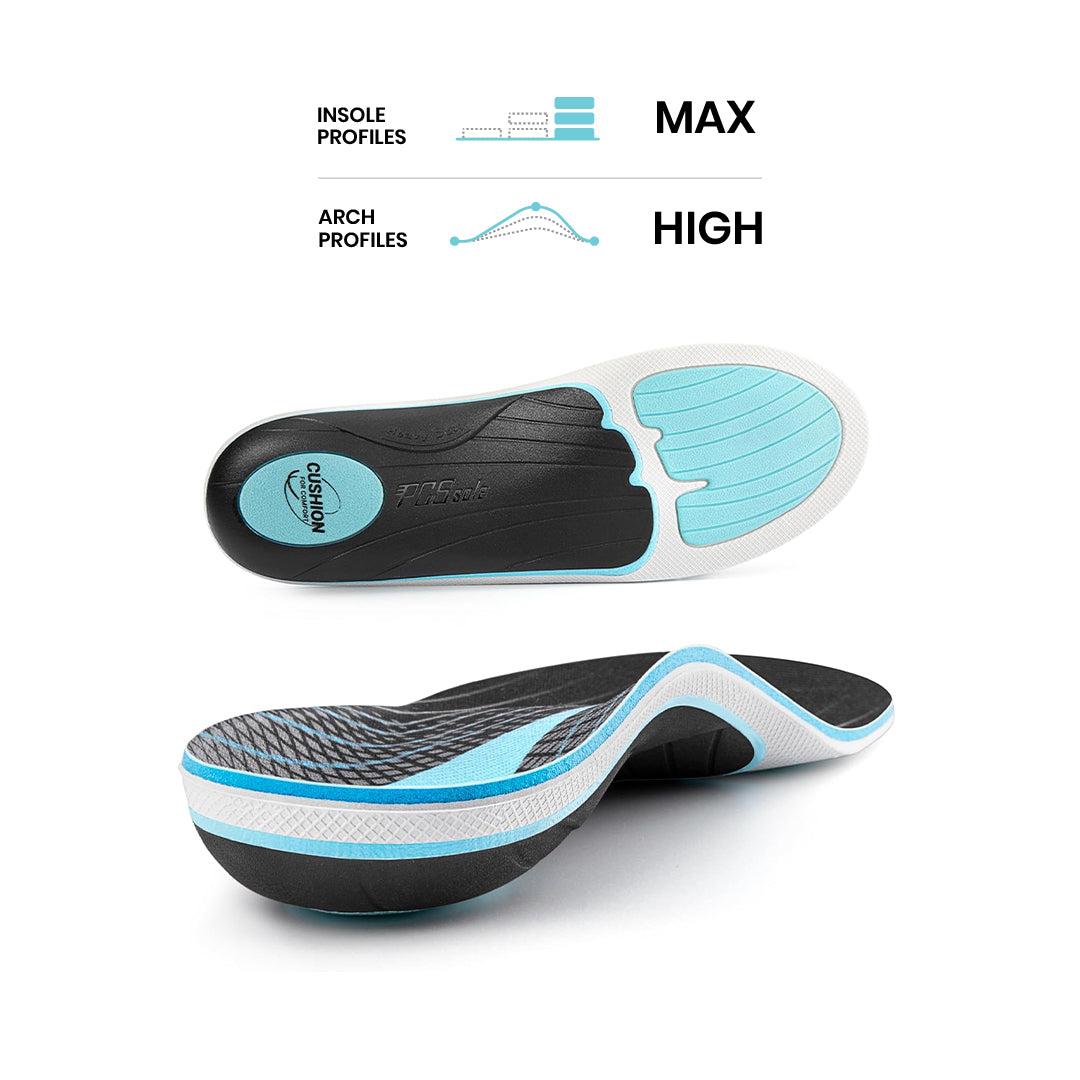
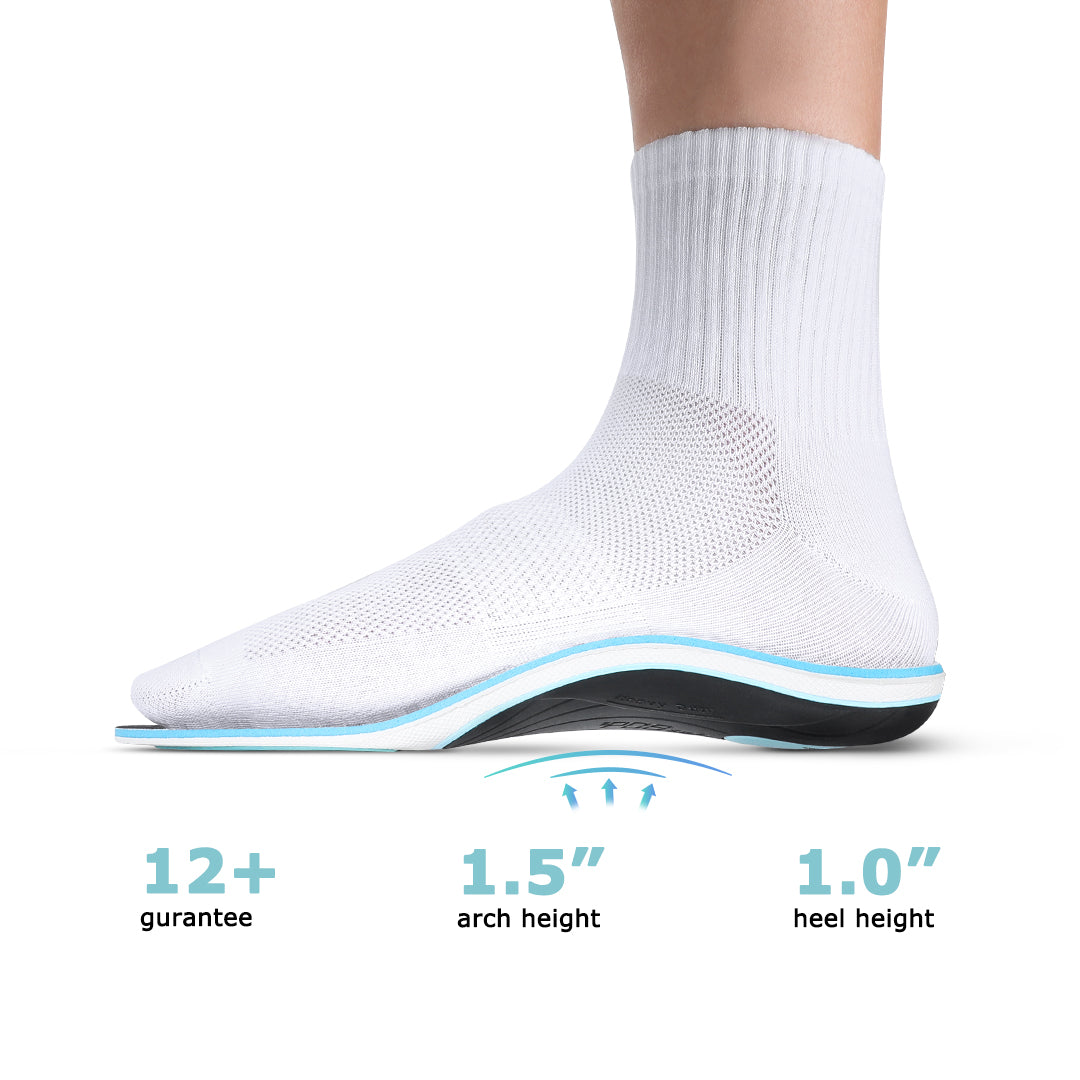
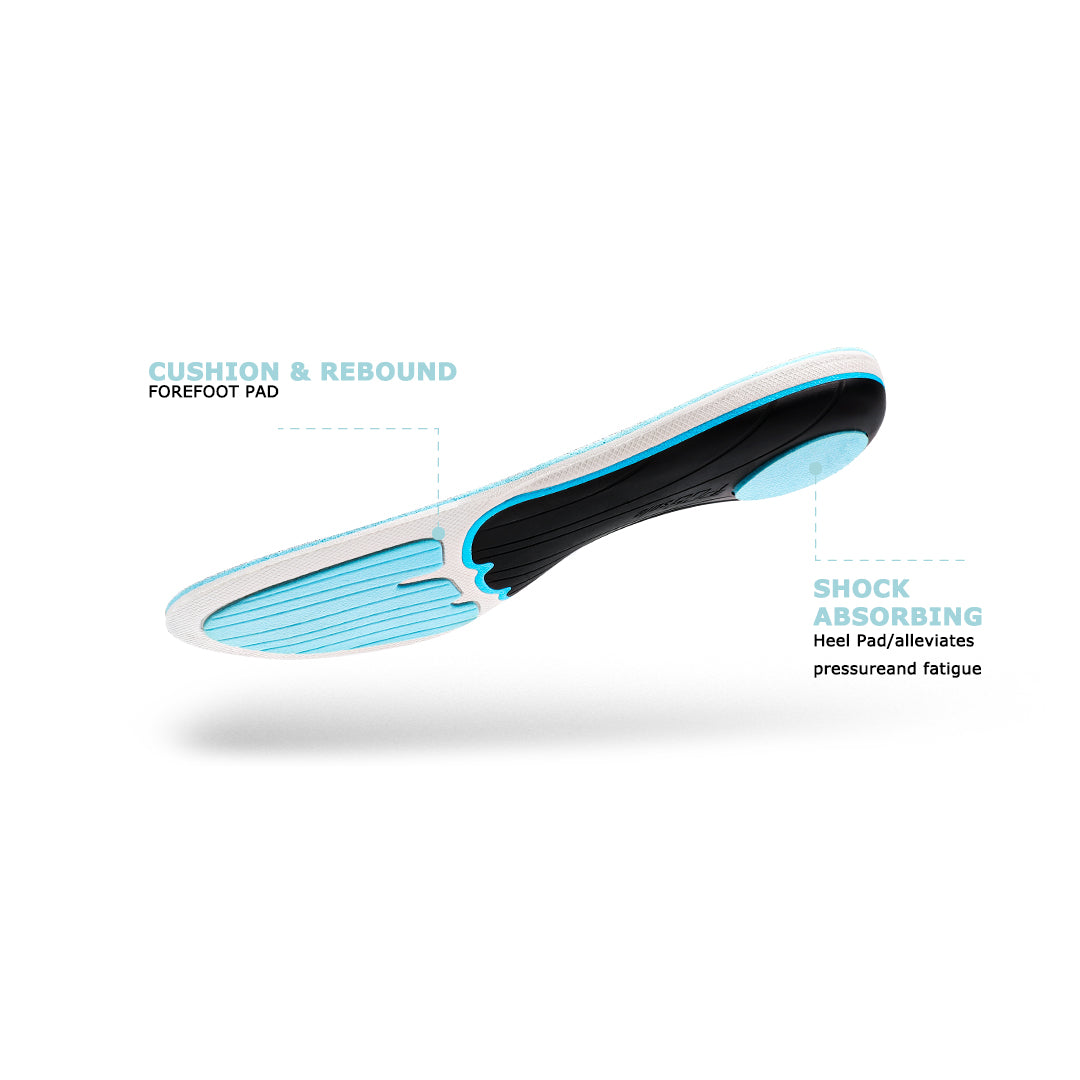
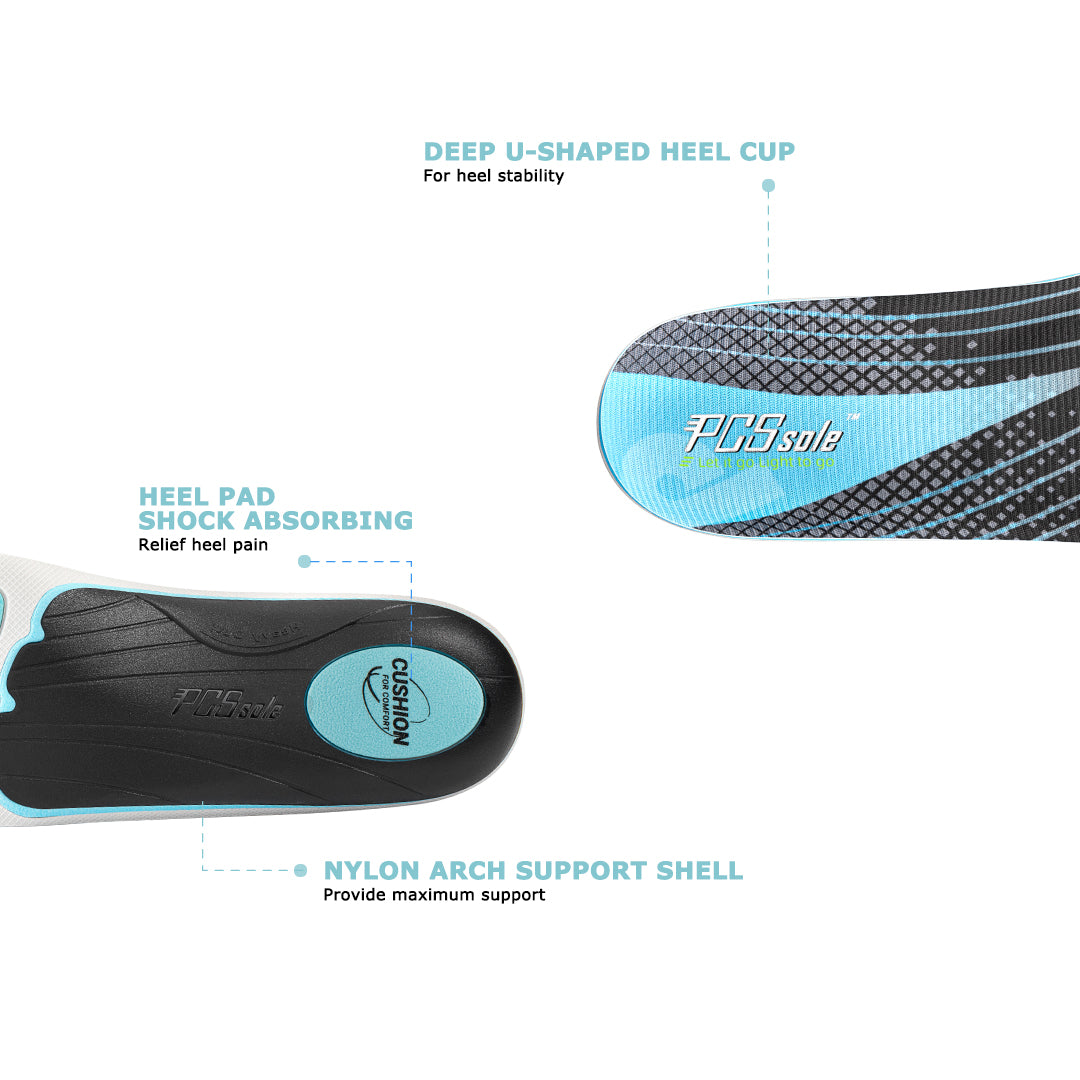

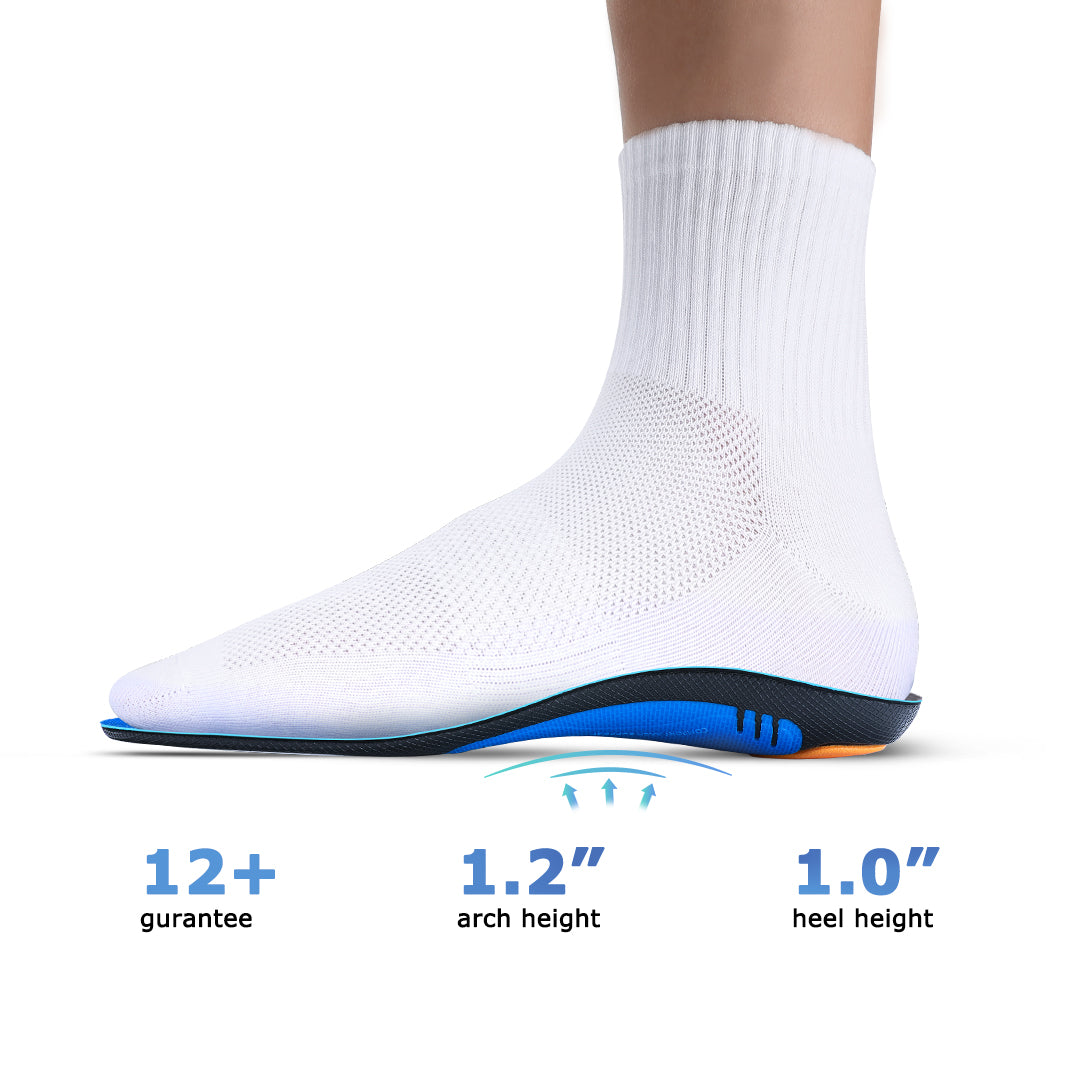
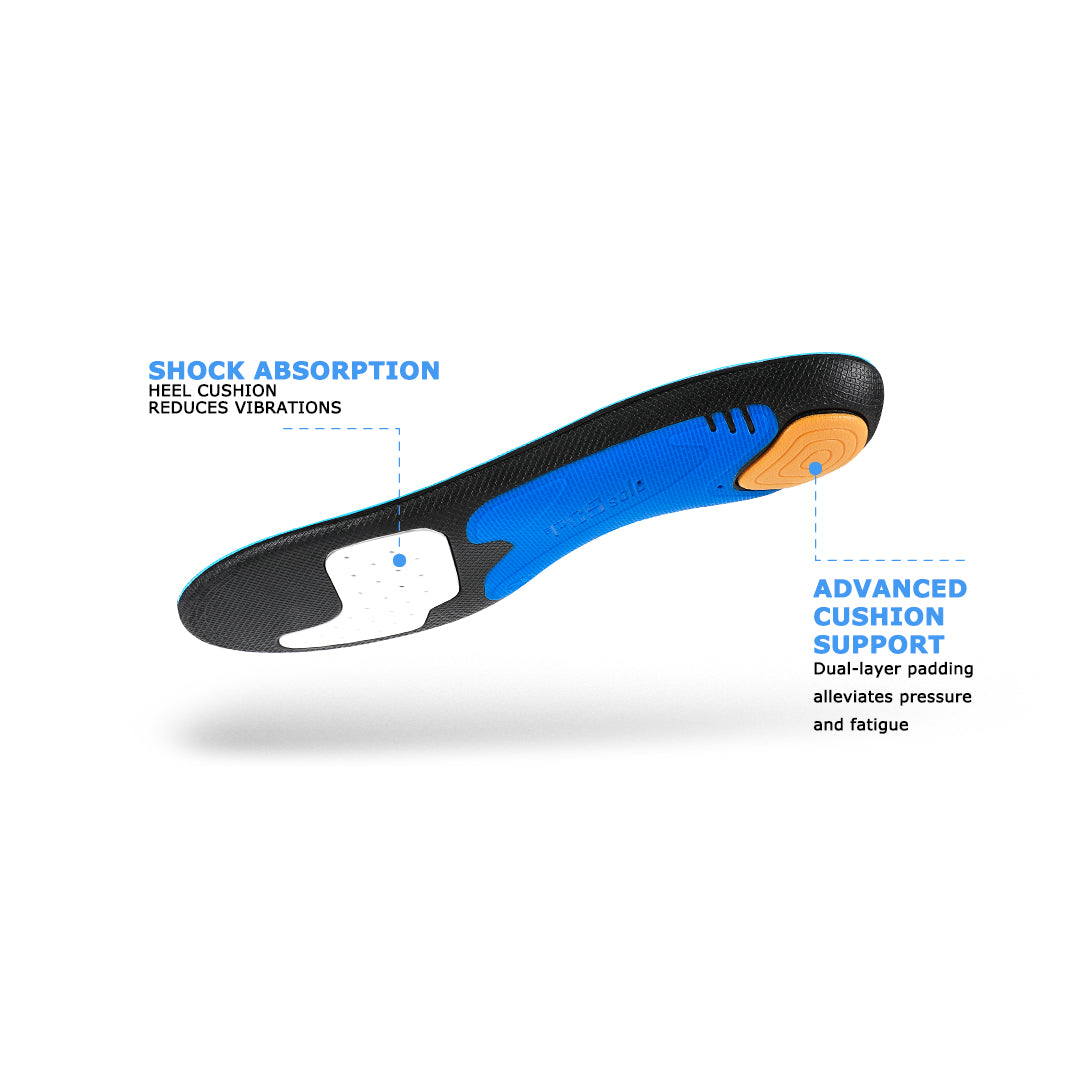


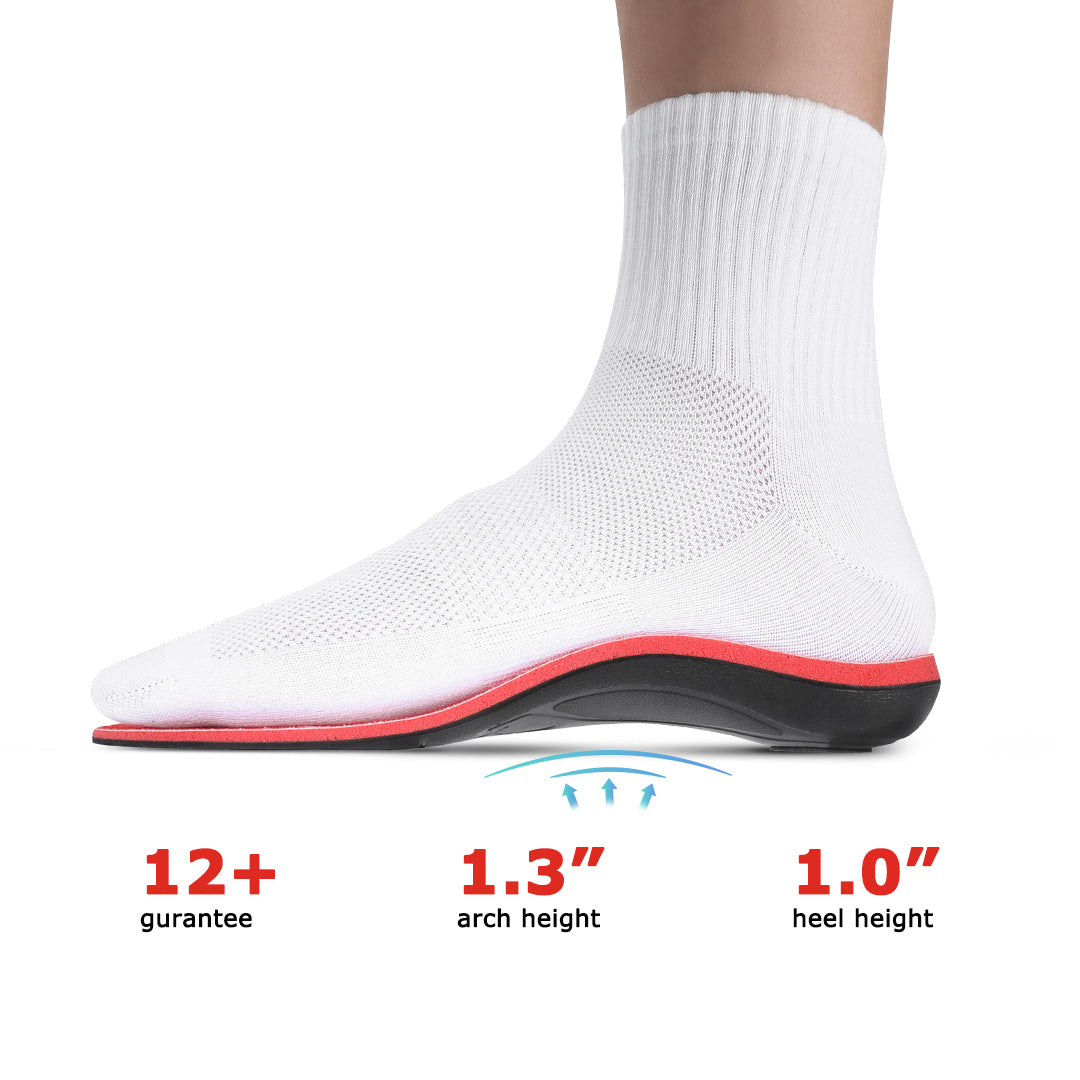






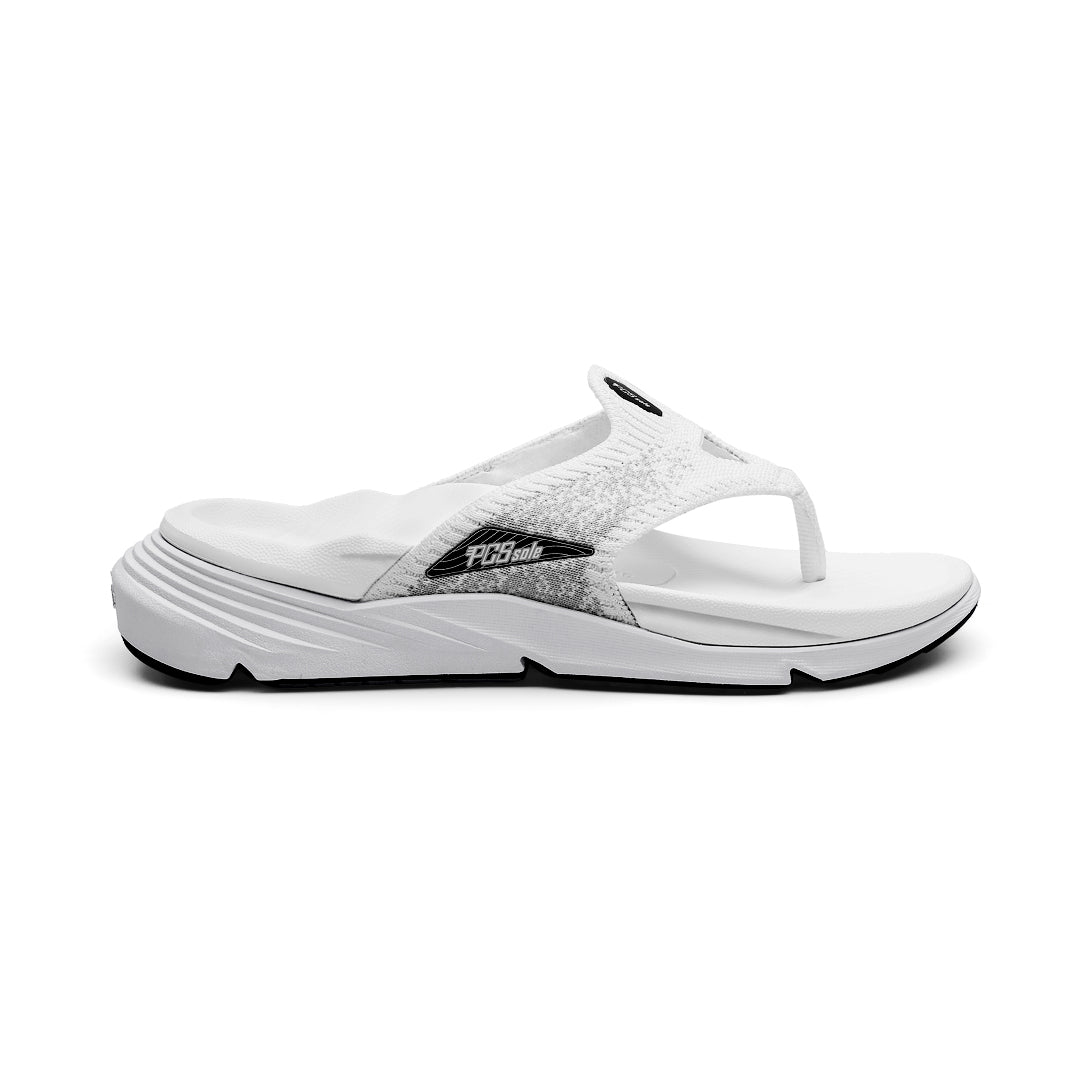


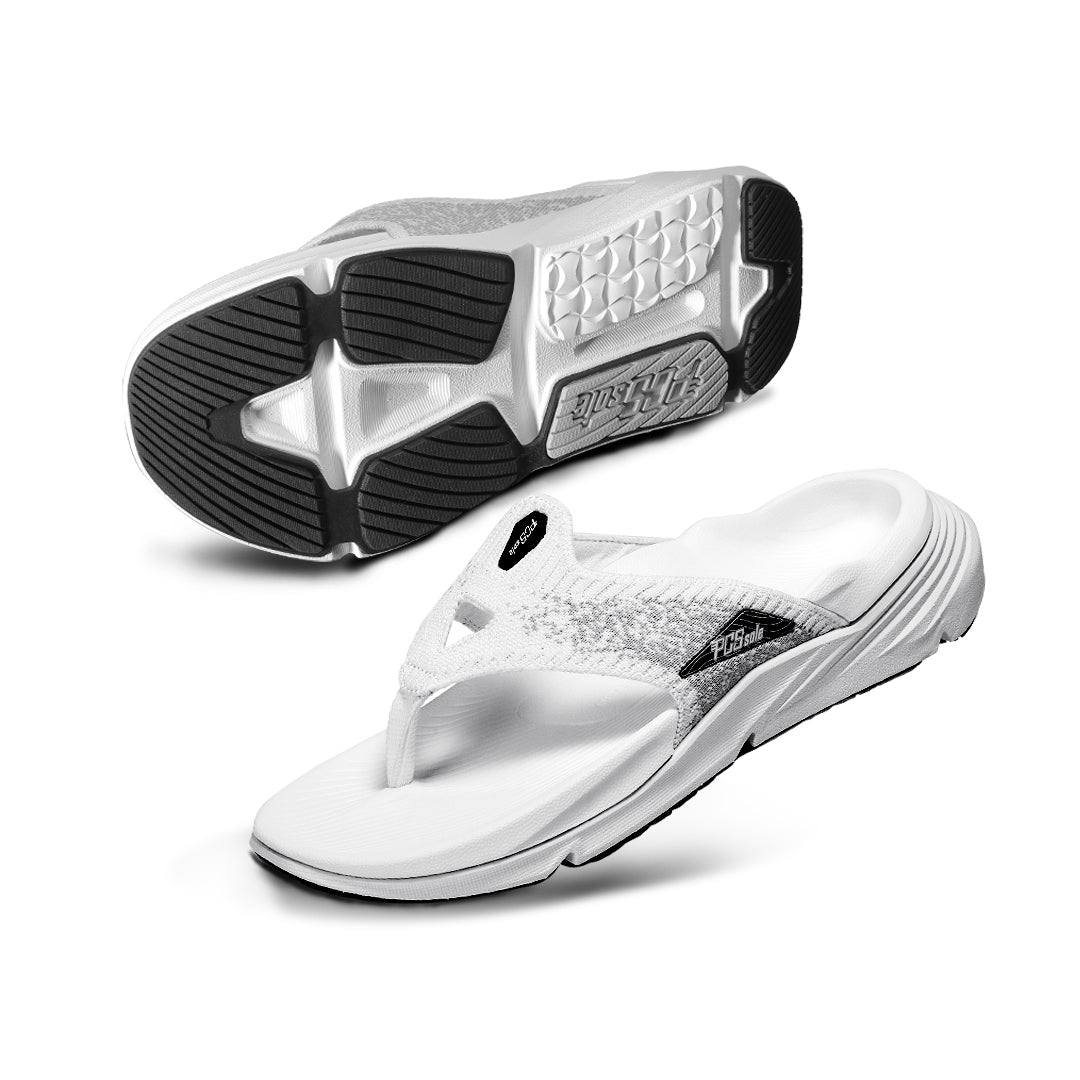
Aktie:
Achillessehnenschmerzen beim Laufen: Sollte ich eine Laufpause einlegen?
Plantarfaszie vs. Plantarfasziitis und Fersensporn vs. Plantarfasziitis